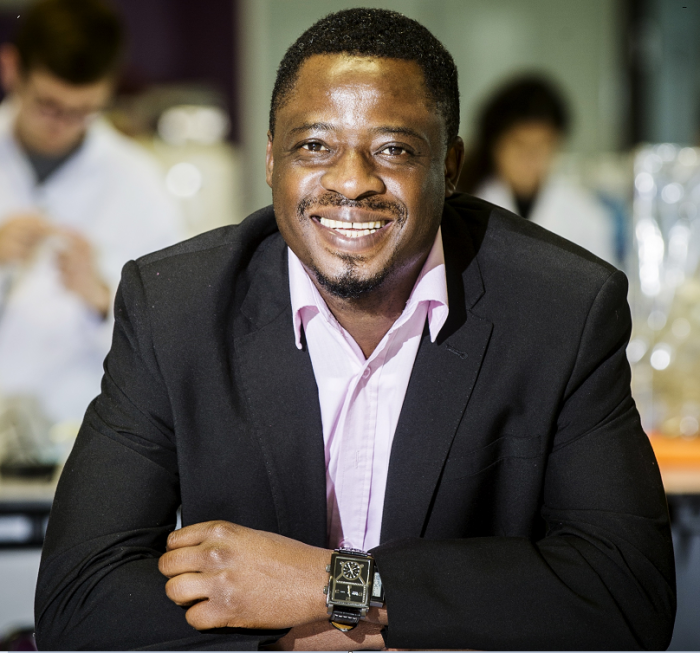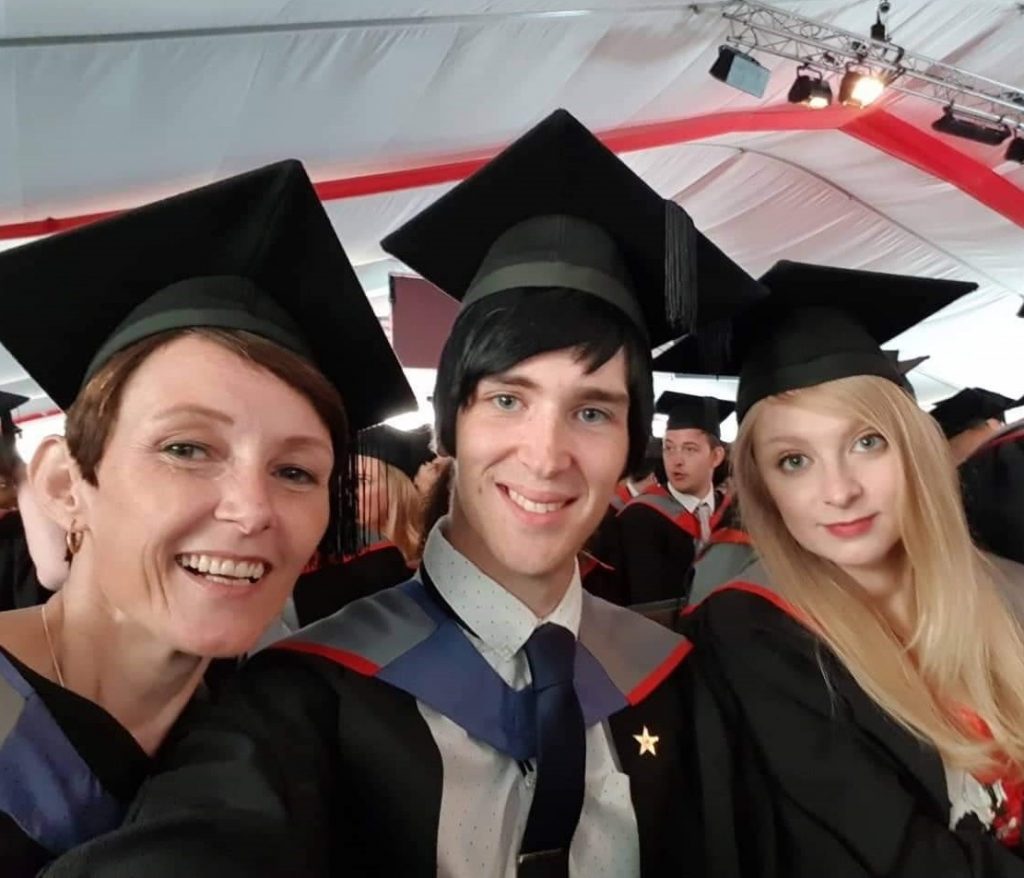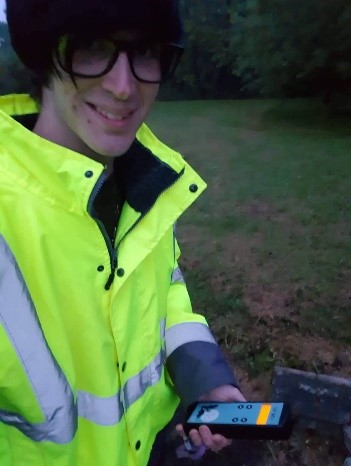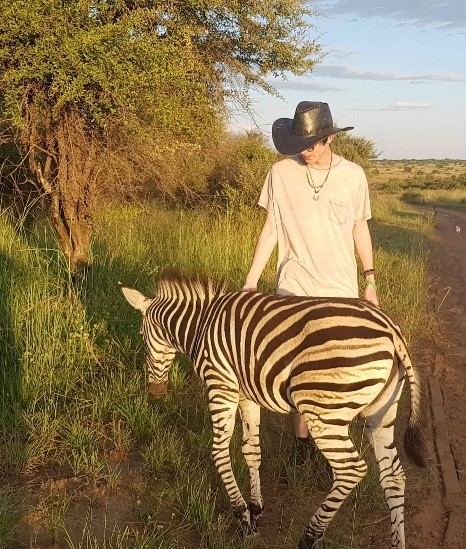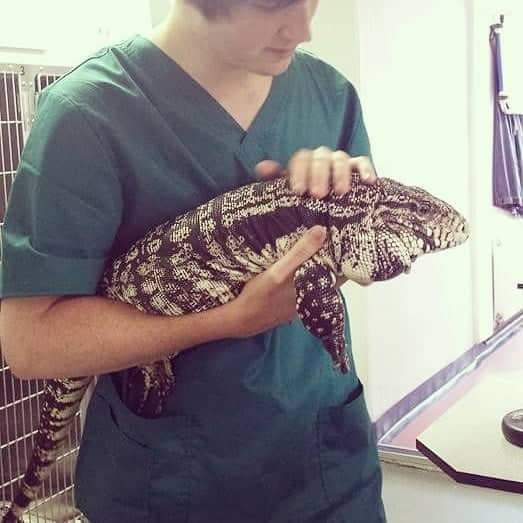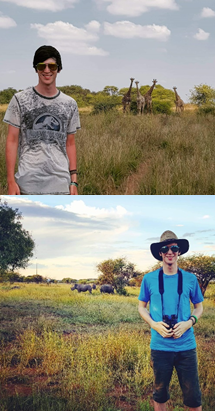In the Biological & Biomedical Sciences department, we celebrate our graduate’s successes with them on graduation day but also as their journeys continue after they leave us. Once you become an alumni of Staffs and the Biology department you remain a part of our ever-growing family and we take joy in hearing from our alumni throughout their journeys. We value them and their thoughts on their experiences with us at Staffordshire University.
As part of our new series of Staffs BioSciences Graduate Stories, we’re pleased to introduce Dom who original studied our Biological Sciences BSc Hons course before transferring to our Biological Sciences MSci and graduating in 2018. Find out how Dom is getting on with his journey as he shares a little about himself and his experiences with us.
Tell us a little about
what you have been doing since graduation?
Since graduation, I have further developed my ecological skills, gaining a position as an ecologist at an independent company. Through this position, I have completed first aid qualifications, an Ecological Clerks of Work course ran by CIEEM, and attained my Professionally Qualified Person CSCS Card, enabling me to work at a managerial level on construction sites. I have gained a position as a Field Officer for the Staffordshire Badger Conservation Group, undertaking rescues of badgers in danger and patrols of potential badger baiting or wildlife crime areas.
I am also returning to South Africa in early February to continue assisting with wildlife conservation and particularly rhino protection. I’m now in the process of organising my enrolment to Kosiçe University in Slovakia to complete my doctorate in veterinary medicine, with a focus on wildlife.
How did your time at Staffordshire University prepare you for life after graduation?
By having a high calibre of academic achievement and publications amongst
staff meant I’m comfortable being around accomplished scientists.
What is
your favourite memory of studying at Staffordshire University?
Going to Africa was the biggest moment of my life, and I couldn’t have
done it without the help and support of the university.
What were the biggest
challenges you had to overcome and how did you overcome them, whilst you studied
with us?
I had to overcome stress and anxiety. I took my lectures and practical’s
as time away from rumination and overthinking and as a side effect, I feel I
became more passionate about my learning and development.
Would you recommend your course to others? If so, why?
I would! I really enjoyed my course, particularly the amount of free
reign my degree allowed me to take regarding module choice. I liked the
assessment styles of some modules as they gave you a rather grand question
which allowed you to tailor your answer to suit your passions and interests.
As part of your course you may have completed
a work placement. If so, could you tell us a little about your experience?
For my
undergraduate degree (before I changed to complete an MSci), I volunteered at a
veterinary surgery. This became apparent in a second-year module, however as I
had been already been volunteering there since I began university, I just
continued with this. My Masters placement was to a wildlife reserve in South
Africa. This was perhaps the most life-changing period in my whole life thus
far. It confirmed what I want to do in my career and where I feel I need to be
to make the most impact. I also made long lasting connections and I will never,
ever be out of South Africa for too long!
Secret Stoke – Tell us about your
favourite places in and around Stoke that student may not know about but should
check out.
Just near to Stoke is a beautiful place called Knypersley
Reservoir. The university’s Nature Reserve itself can be a rather beautiful
walk also.
It was fantastic catching up with Dom and what he’s been getting up to since leaving Staffs. We’re very proud of Dom and our biology alumni’s in all their achievements.
If you would like to keep up to date with Dom and his journey, be sure to check out his professional Instagram page @exoticbiologist for more photographs of his travels and the integral work he’s involved with in South Africa, veterinary school and beyond!
Facebook: @StaffsUniBio @StaffsLSE @StaffsUni
Twitter: @SUBioScience @StaffsLSE @StaffsUni
Instagram: @SUBioScience @StaffsUni @exoticbiologist
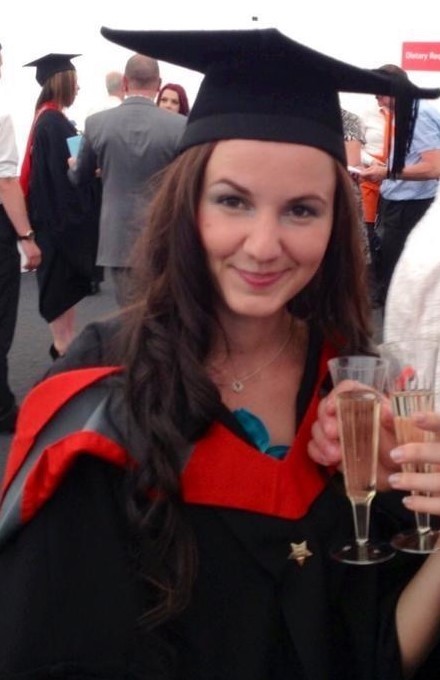


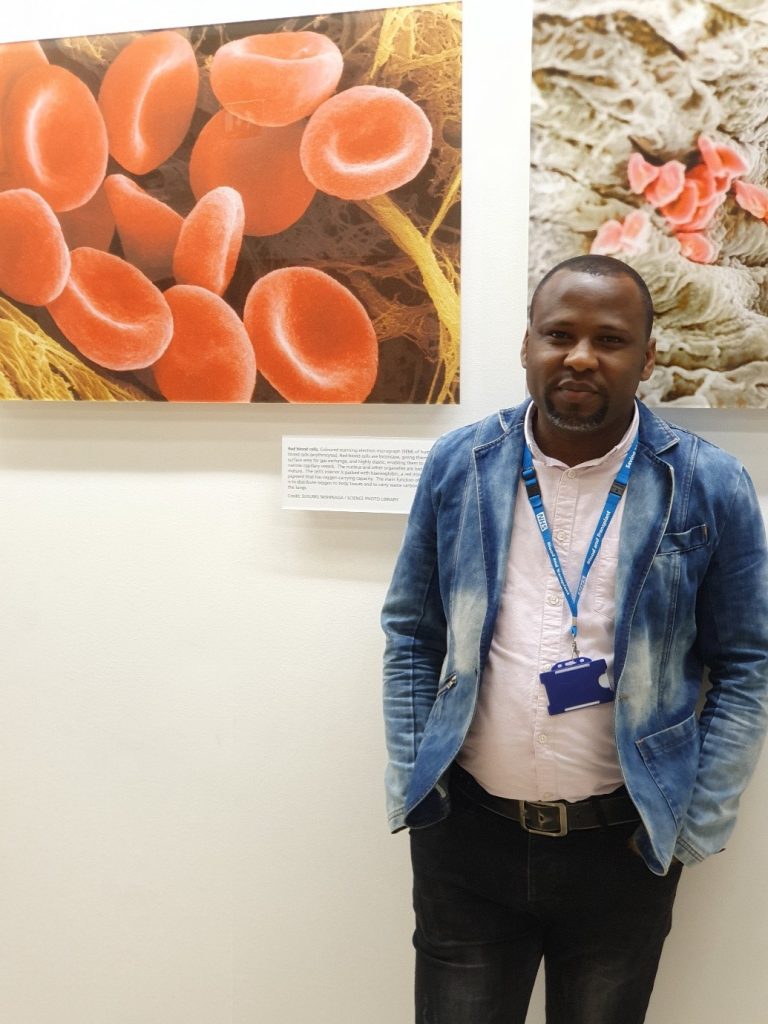 When I arrived in UK, I started applying for medical laboratory assistant jobs but couldn’t succeed, this was because I did not have any UK experience. That is when I decided to do my studies here in UK all over again- Starting from Access to Higher Education in Science at Stoke on Trent college followed by my undergraduate degree in Biomedical Science at Staffordshire university. In my first year at Staffordshire University we covered modules that prepared us for professional practice of biomedical science. This helped me to get one of the few coveted placements in hospitals to earn me an applied biomedical science route. With this, I completed my professional portfolio which led to HCPC registration.
When I arrived in UK, I started applying for medical laboratory assistant jobs but couldn’t succeed, this was because I did not have any UK experience. That is when I decided to do my studies here in UK all over again- Starting from Access to Higher Education in Science at Stoke on Trent college followed by my undergraduate degree in Biomedical Science at Staffordshire university. In my first year at Staffordshire University we covered modules that prepared us for professional practice of biomedical science. This helped me to get one of the few coveted placements in hospitals to earn me an applied biomedical science route. With this, I completed my professional portfolio which led to HCPC registration.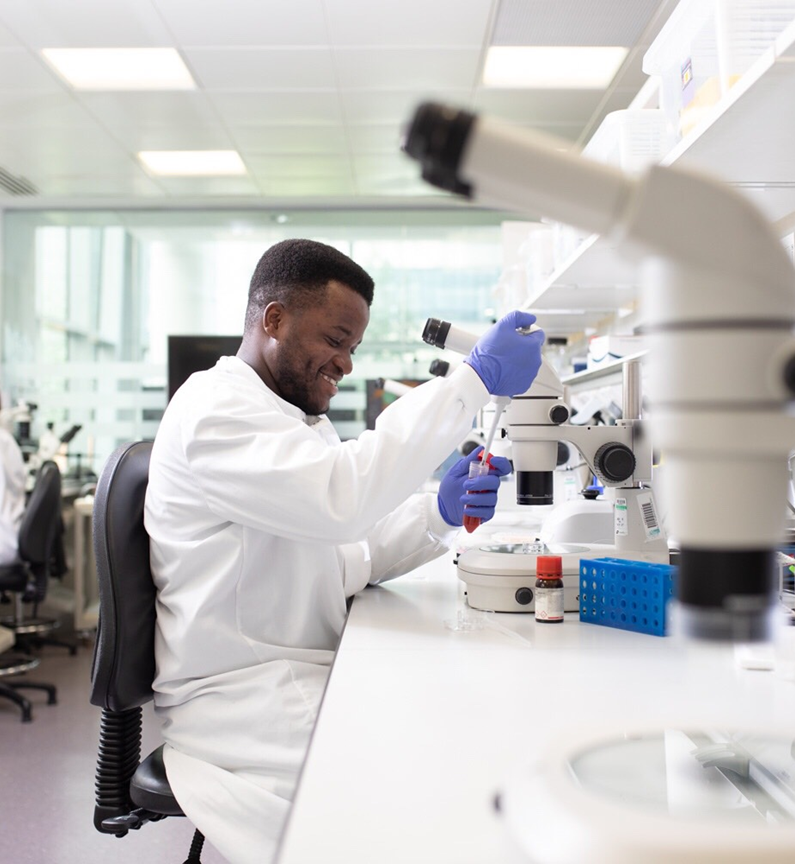 During my time at Staffs, I always intended on working within the healthcare sector, whilst helping to save and change lives. As beautiful as being a Biomedical Scientist sounded, I wanted to be more, and so I worked towards becoming a clinical healthcare scientist. After Staffs Uni, I went on to complete master’s degree in Clinical Embryology and Assisted Reproductive Technology.
During my time at Staffs, I always intended on working within the healthcare sector, whilst helping to save and change lives. As beautiful as being a Biomedical Scientist sounded, I wanted to be more, and so I worked towards becoming a clinical healthcare scientist. After Staffs Uni, I went on to complete master’s degree in Clinical Embryology and Assisted Reproductive Technology.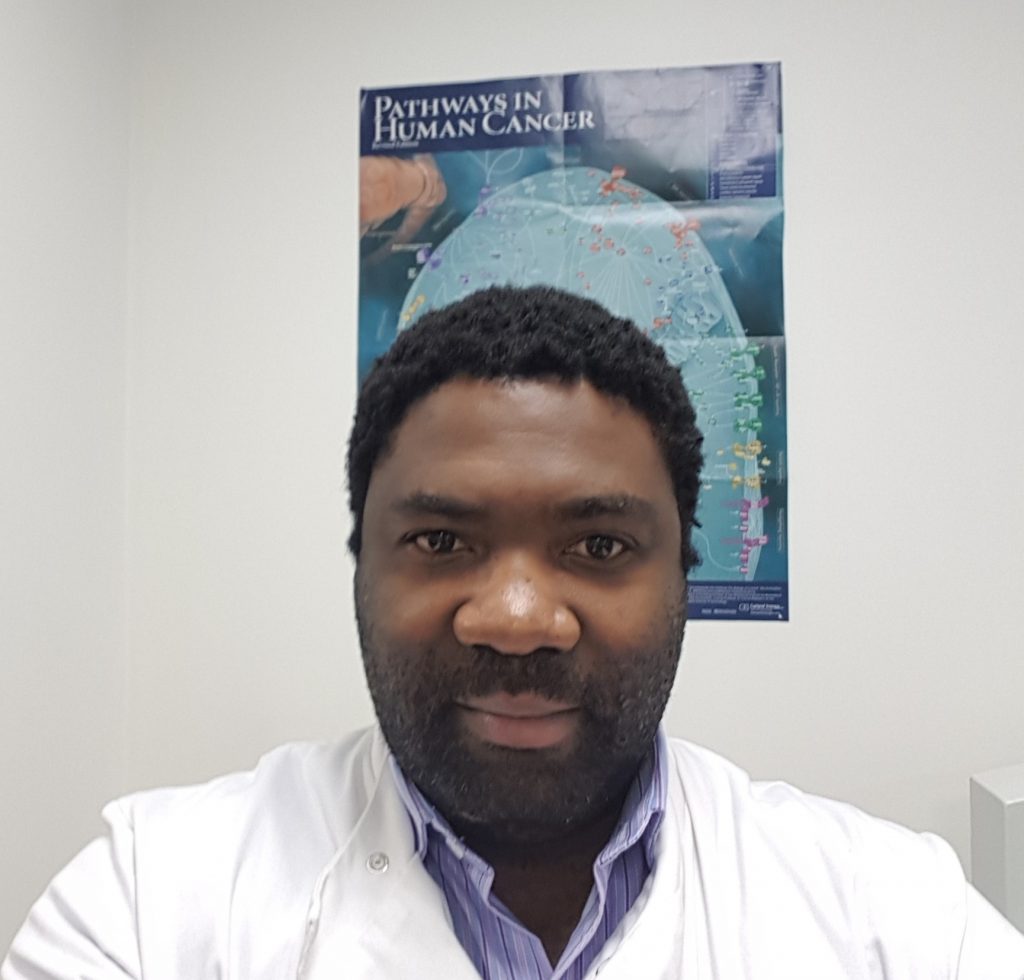 He was in the department of Biology and Biomedical Science in the School of Life Sciences and Education. His research project at Staffordshire University was on Triple Negative Breast Cancer (TNBC), a subject that is making headlines in the field of Biomedical Science.
He was in the department of Biology and Biomedical Science in the School of Life Sciences and Education. His research project at Staffordshire University was on Triple Negative Breast Cancer (TNBC), a subject that is making headlines in the field of Biomedical Science. There was a huge group presence on my course, which really helped me gain confidence as I felt supported and included. During my studies at staffs, we were often required to complete presentations as part of our assessments. This is a skill that I still use today as we’re often required to present patient case studies within my degree as a medical student.
There was a huge group presence on my course, which really helped me gain confidence as I felt supported and included. During my studies at staffs, we were often required to complete presentations as part of our assessments. This is a skill that I still use today as we’re often required to present patient case studies within my degree as a medical student.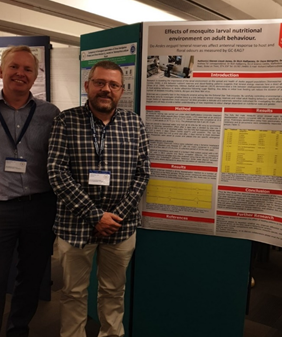 This year’s conference had a focus on the impact of insects on disease around the world. This impact is vast and unrelenting and is borne by plants, animals and humans alike. Alongside human diseases such as malaria, dengue, Zika and West Nile virus that cause such mortality and morbidity around the world. Then there are veterinary disease that cause suffering to domesticated animals, reducing farming yield and greatly increasing welfare costs. And then we need to factor in the enormous impact of insect pests on agricultural crops – not only are these herbivores and therefore directly reducing crop yields, but they also spread diseases between plants that can decimate crops. As is often the case these burdens are disproportionately borne by those countries least well placed to carry them.
This year’s conference had a focus on the impact of insects on disease around the world. This impact is vast and unrelenting and is borne by plants, animals and humans alike. Alongside human diseases such as malaria, dengue, Zika and West Nile virus that cause such mortality and morbidity around the world. Then there are veterinary disease that cause suffering to domesticated animals, reducing farming yield and greatly increasing welfare costs. And then we need to factor in the enormous impact of insect pests on agricultural crops – not only are these herbivores and therefore directly reducing crop yields, but they also spread diseases between plants that can decimate crops. As is often the case these burdens are disproportionately borne by those countries least well placed to carry them. 